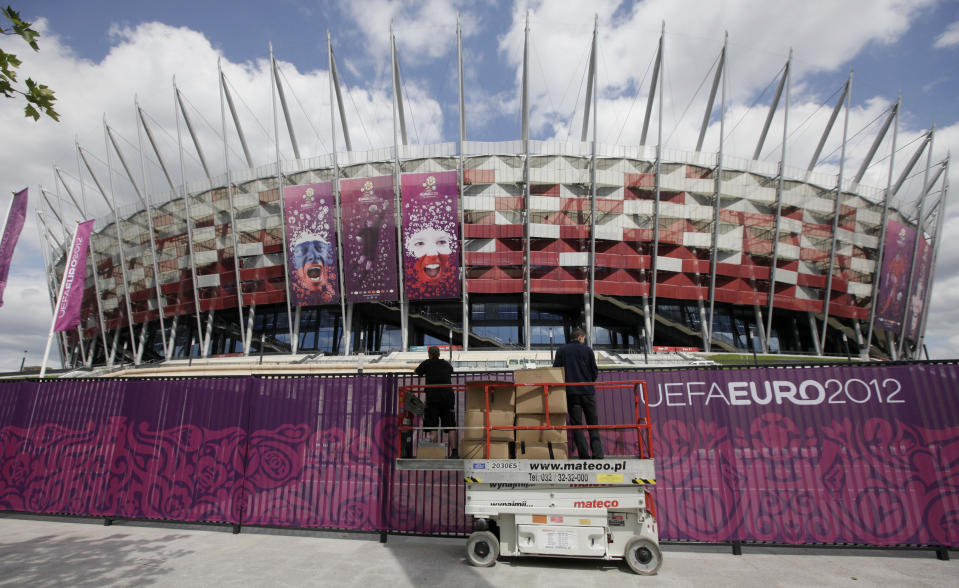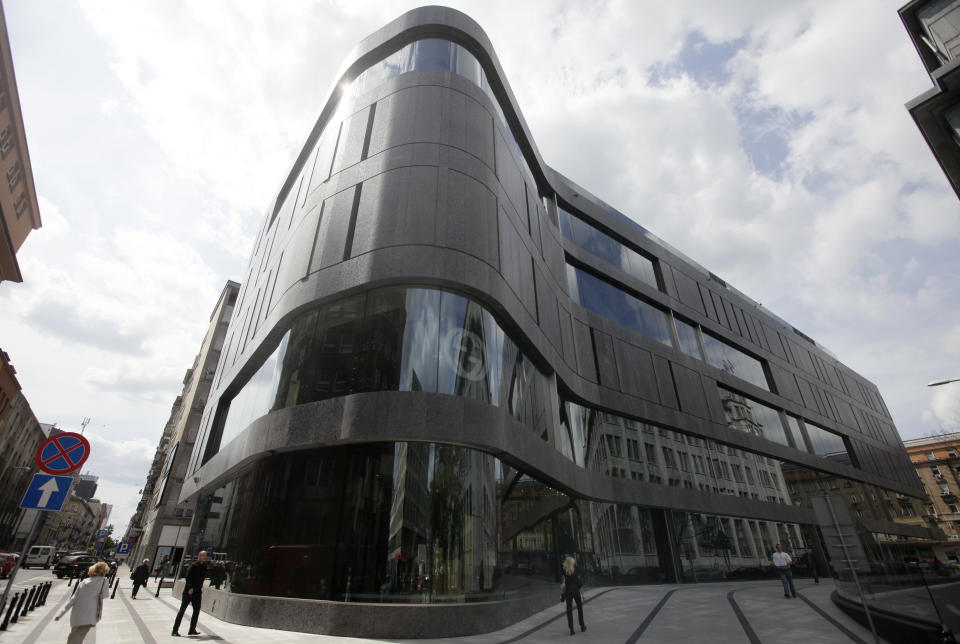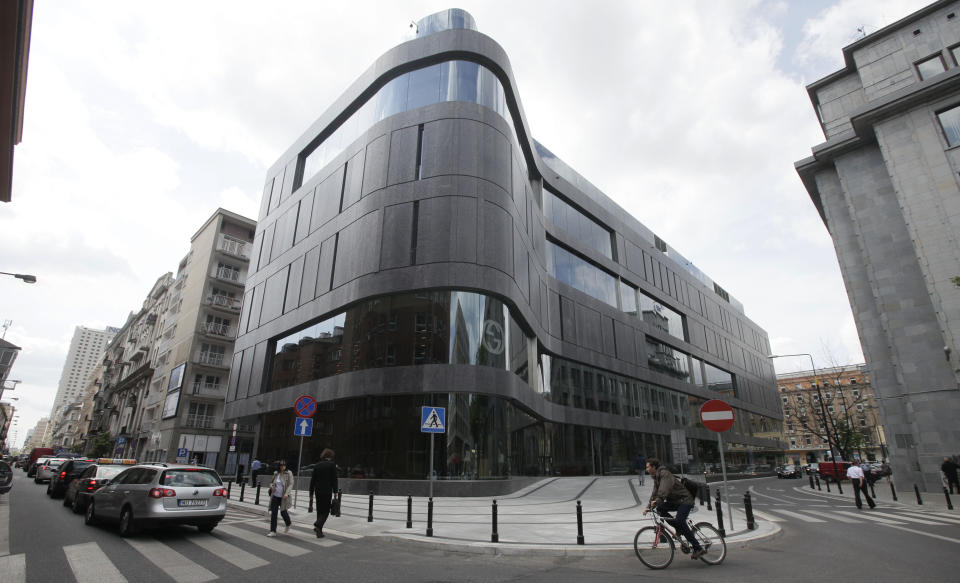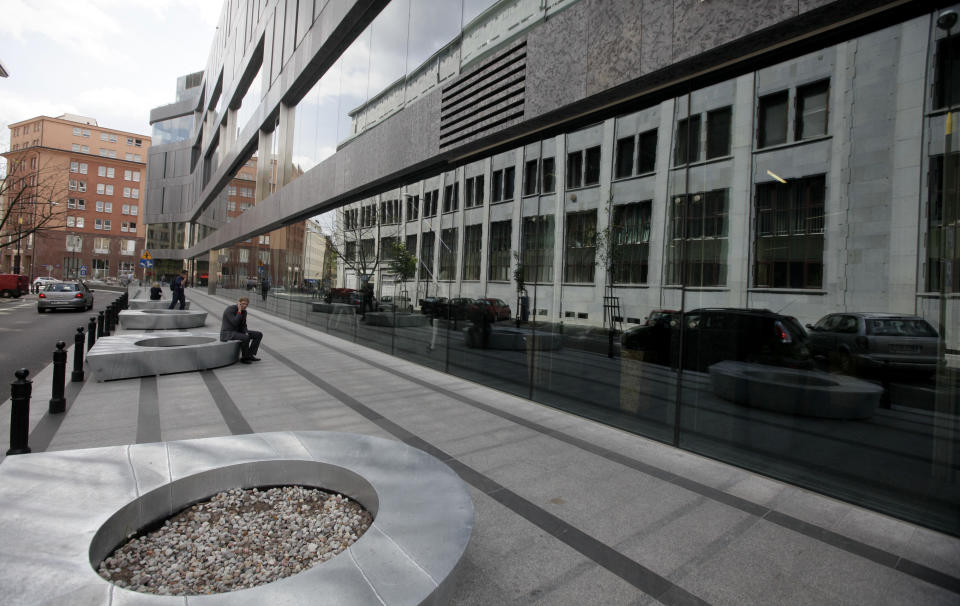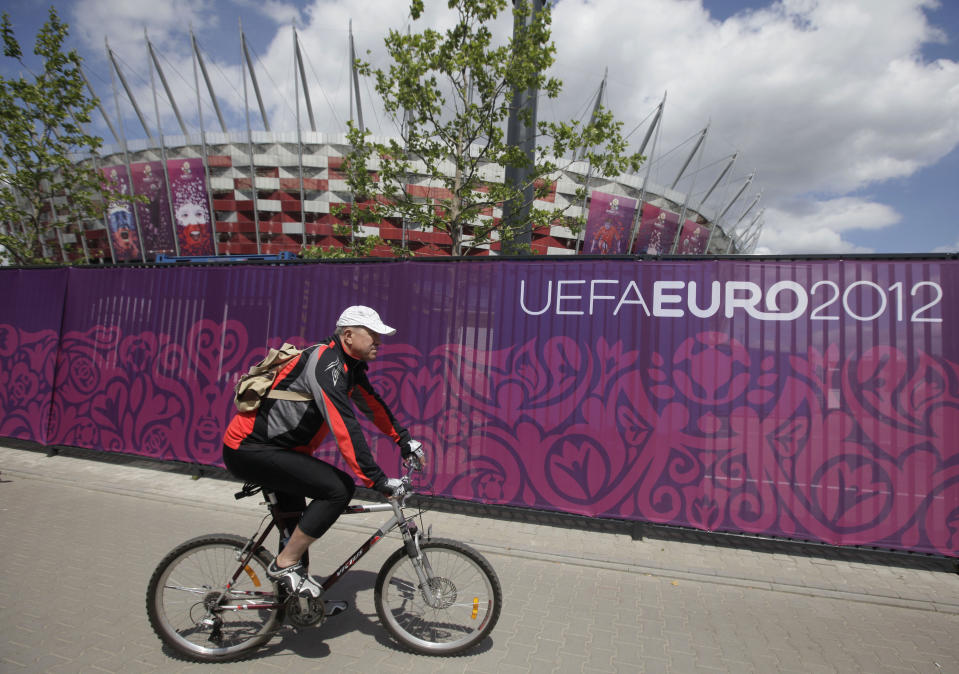Polish economy grew at lower pace of 3.5 percent
WARSAW, Poland (AP) — Poland's economy grew 3.5 percent year-on-year in the first quarter, a slowdown compared with last year but still one of the strongest rates in the European Union, according to government data released Thursday.
The figures underline how Poland, the only EU country to avoid recession in the first round of crisis in 2009, continues to show resilience. The Eastern European nation of 38 million has witnessed something close to an economic miracle since 2004, when it joined the bloc.
But with growth down compared to the more robust 4.3 percent pace in 2011, some commentators treated Thursday's number with a measure of pessimism.
"Poland's economy has entered a slowdown," said the Employers of Poland, a group representing employers' interests. "The process of deceleration of the Polish economy has begun in earnest."
Economists predict that the economy will continue to expand, unlike some troubled European countries, but at a slower pace. Forecasts for 2012 generally range between 2.5 and 3 percent.
The Polish economy for years has been buoyed by EU subsidies and a large internal market that has kept on spending through troubled times in Europe and beyond. The country has also seen its development bolstered by five years of massive construction and infrastructure upgrades ahead of co-hosting the Euro 2012 football tournament this summer with Ukraine.
Through it all, Polish leaders have taken pains to reiterate their confidence in the economy, a factor that may have helped sustain business.
Yet with so much trouble in the eurozone — a key trade partner — the boom times are not expected to last. Analysts warn that after the championship ends July 1, a sharp drop in construction and other investments will likely bring a decline in growth here too.
"Things look good so far," said Adam Antoniak, an economist with Bank Pekao SA in Warsaw. "I expect a temporary boost from the Euro 2012 championship and some decline in the growth in the second half of this year. What really concerns me is the prospect for 2013. That's really uncertain given the situation in the eurozone and Greece."
Due to the troubles in Greece, foreign investors have been fleeing emerging economies including Poland, causing the zloty currency to fall in value. That has helped Polish exporters by making their goods cheaper on foreign markets. But it has also caused a hike in the price of some imported goods, mostly gasoline, which is priced in dollars.
Poles feel the pain at the pump and there have been a number of protests in past months.
Despite much good news, Poland still struggles with a high jobless rate — at 12.9 percent in April — and inflation that remains uncomfortably high, at 4 percent in April.
The London-based Capital Economics, said Thursday it expects only 1.8 percent growth for the year, far below other estimates, arguing that Poland is not immune to eurozone turmoil.
"With the euro-crisis deepening, a mini investment boom about to tail off, and household savings rates near record lows, we think growth is set to slow by more than most expect this year," analysts at Capital Economics wrote in a note to clients.
